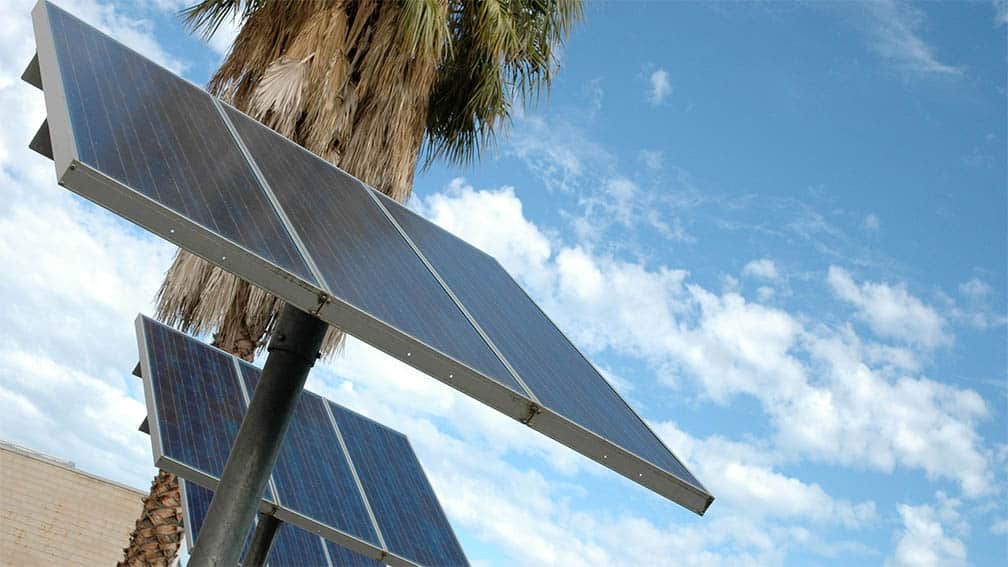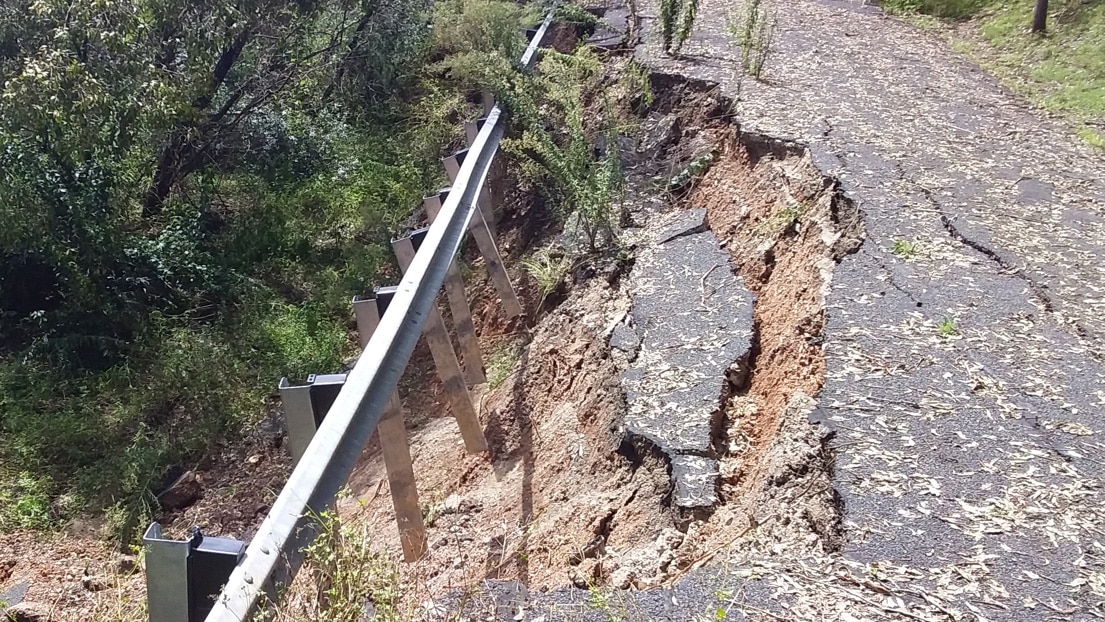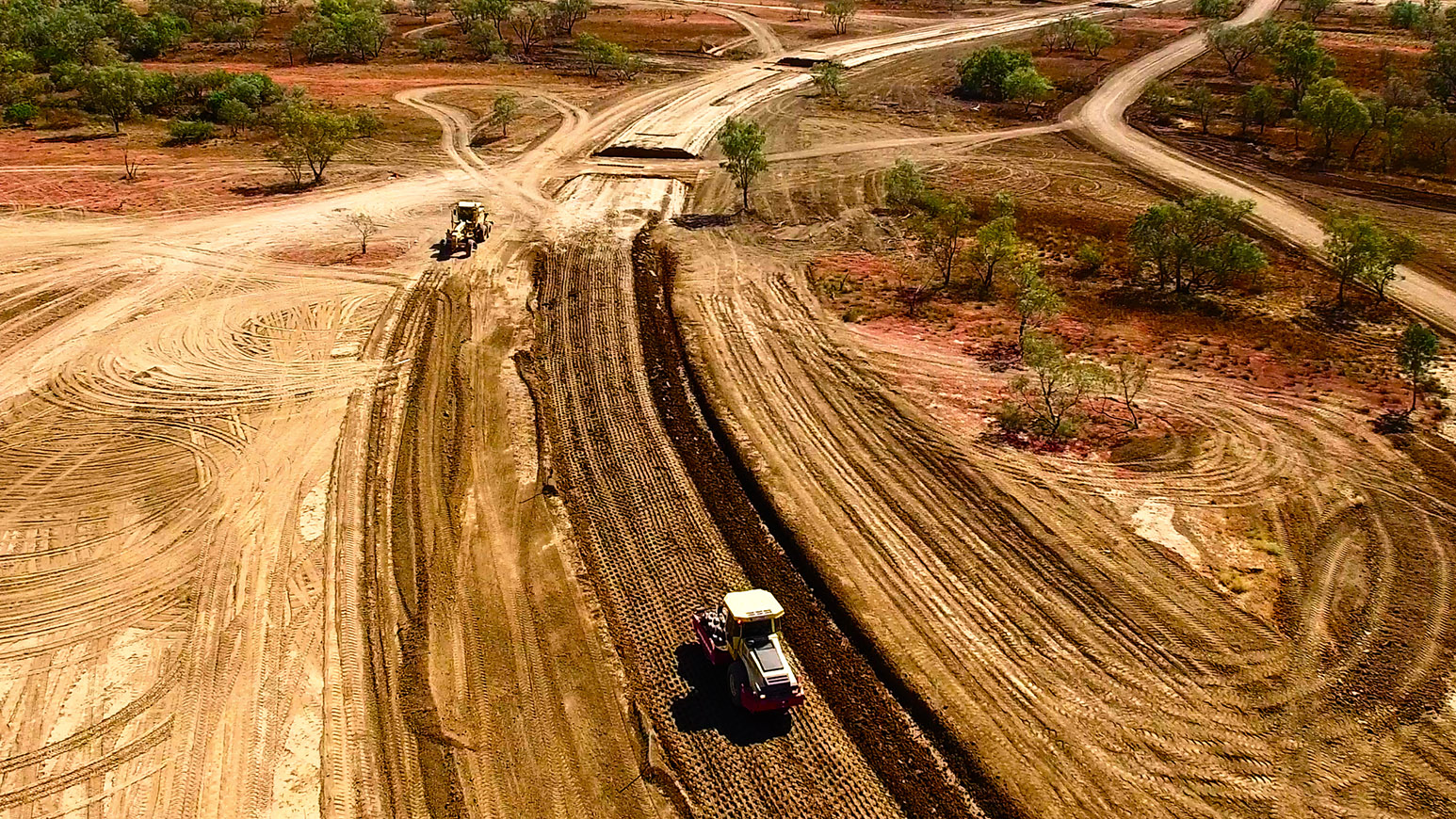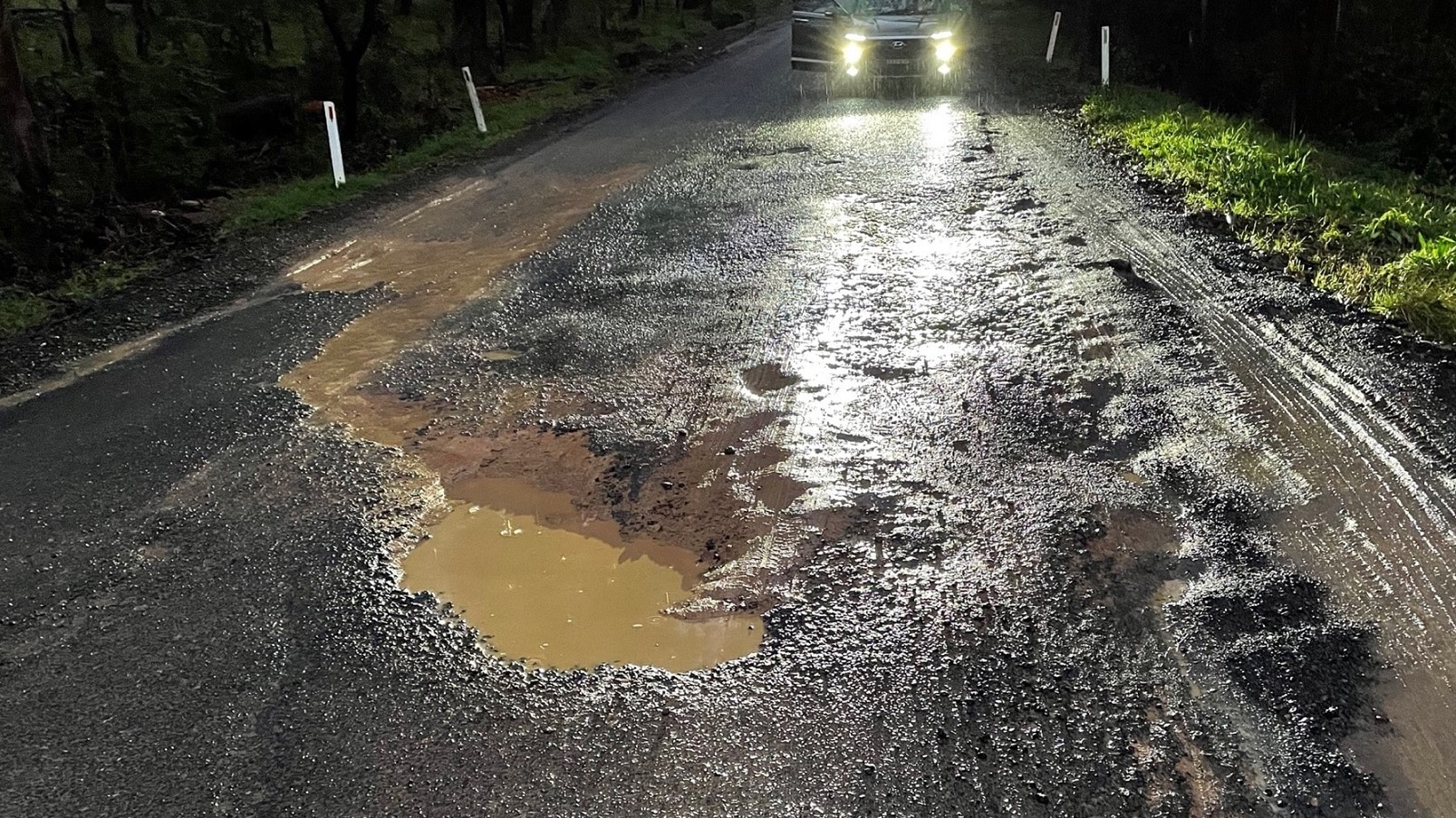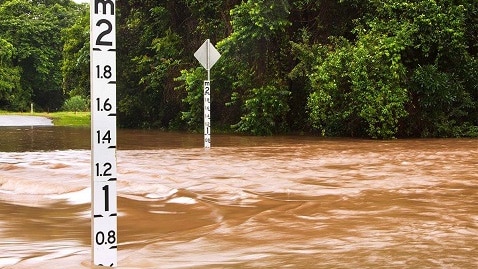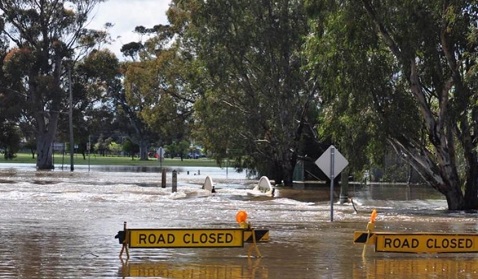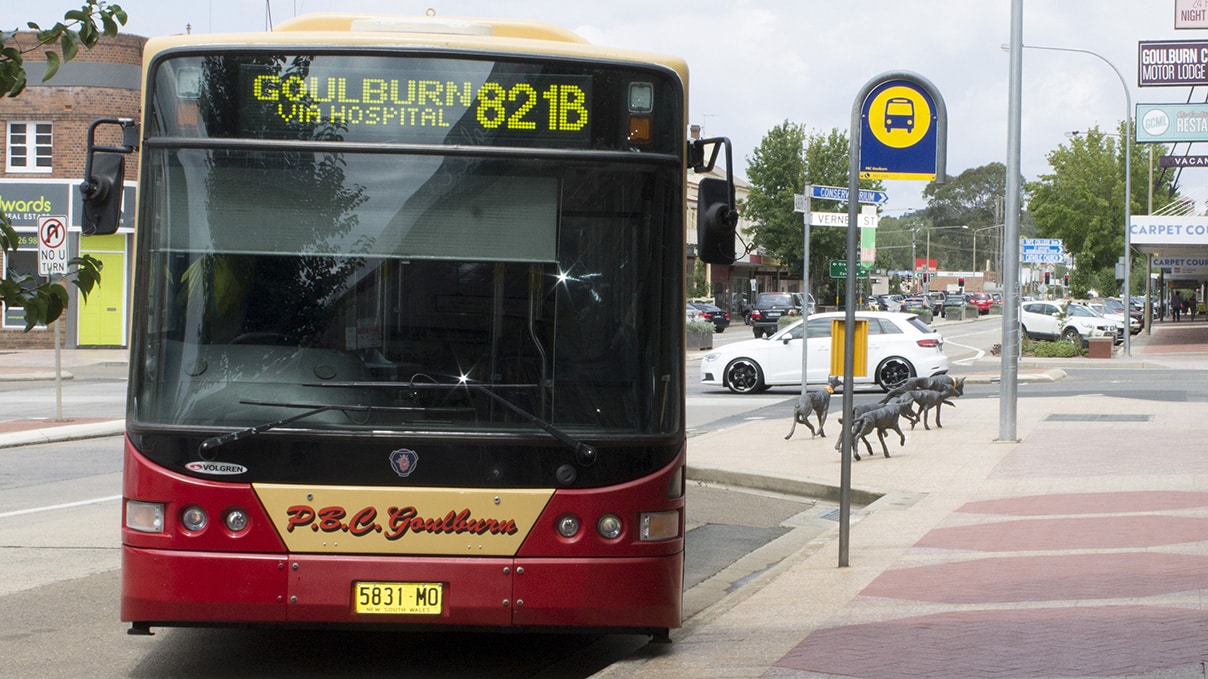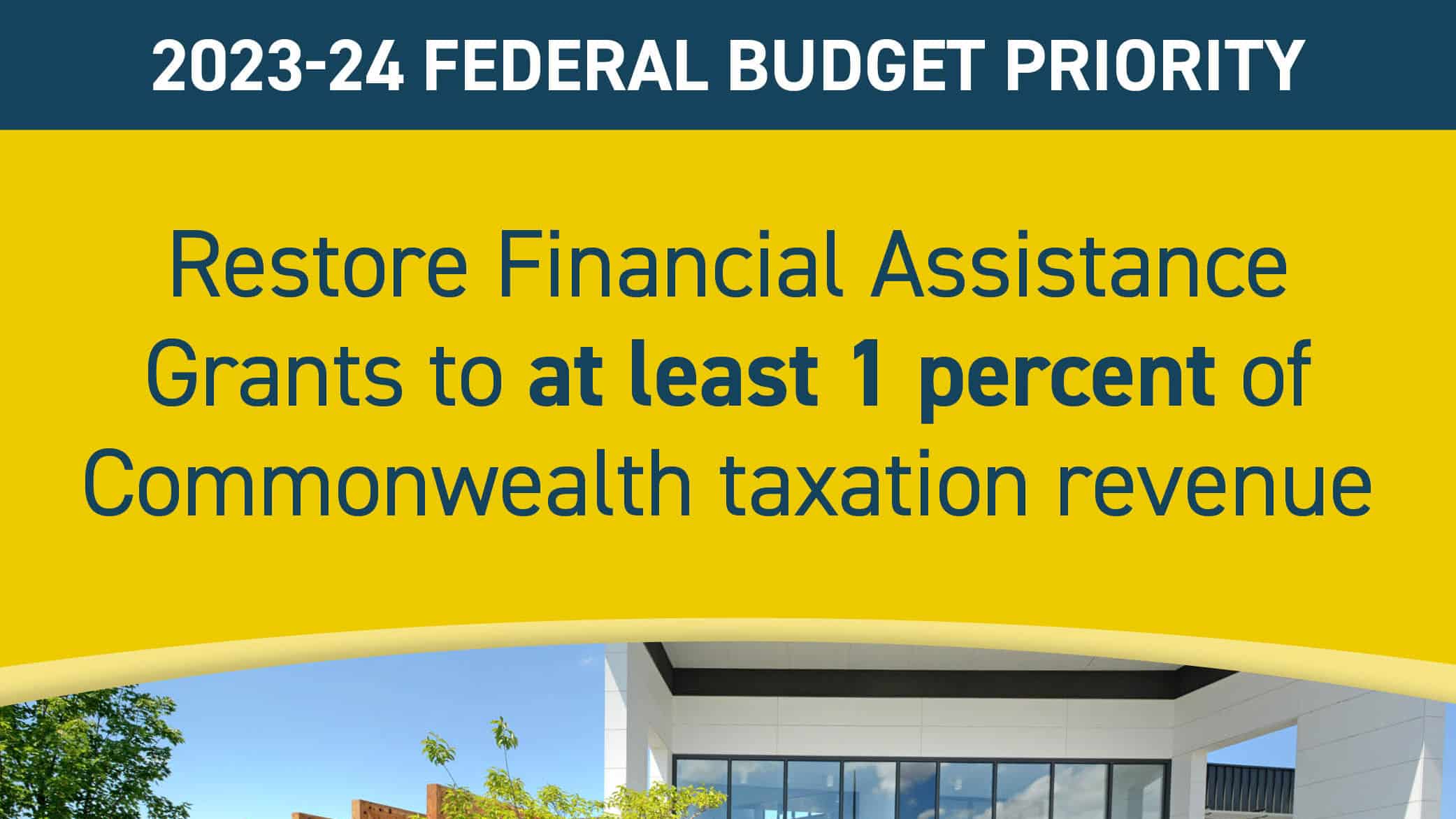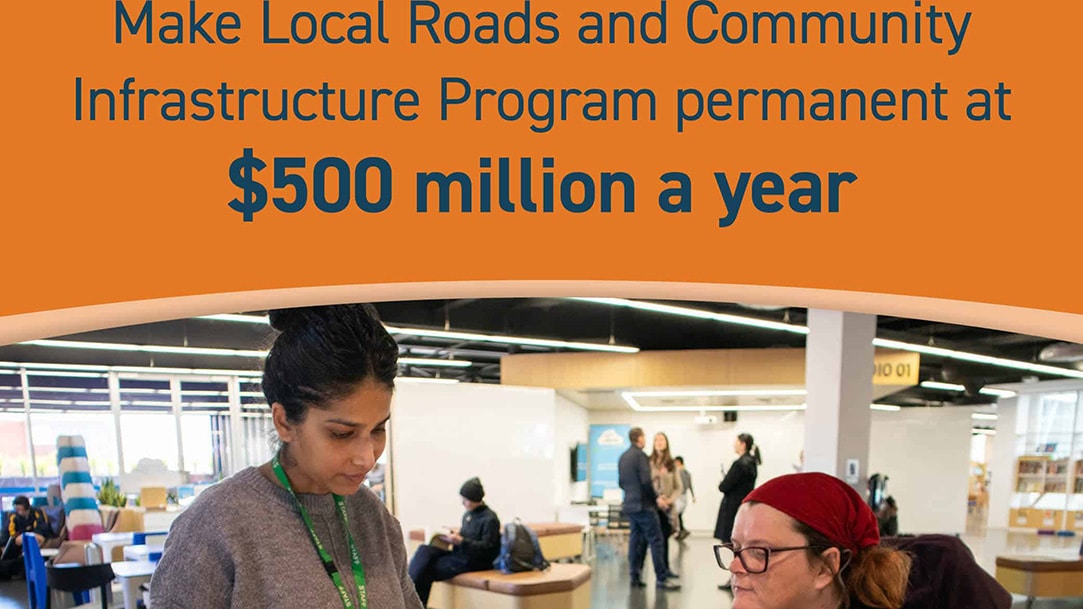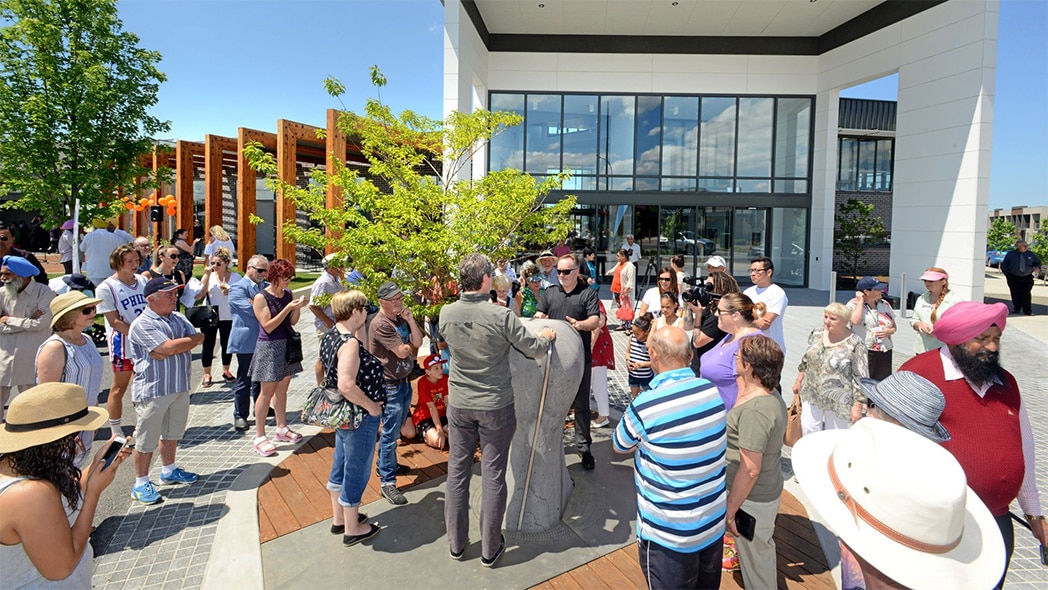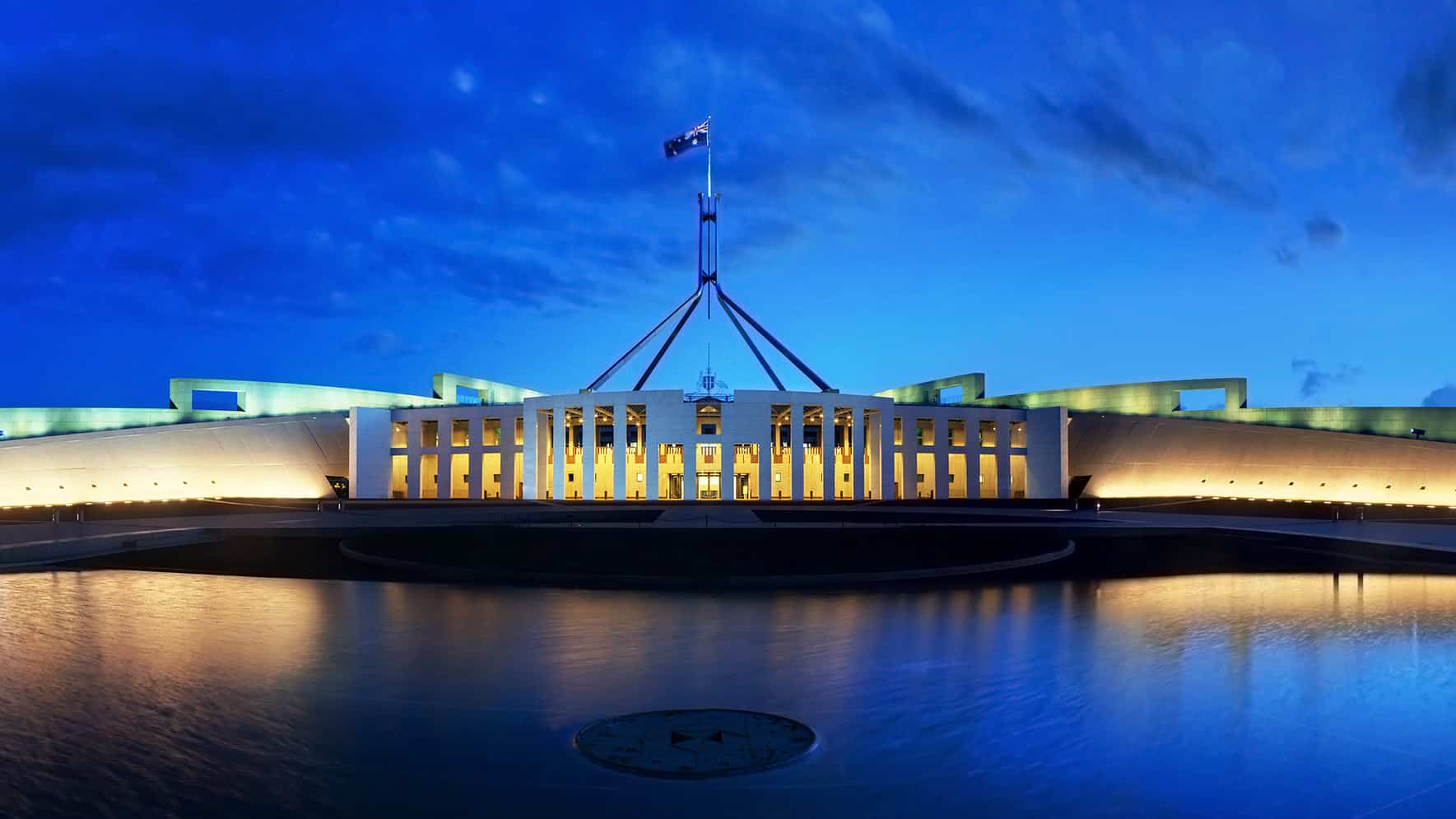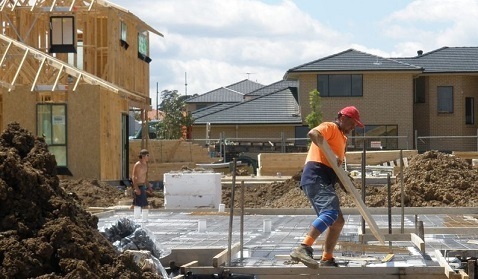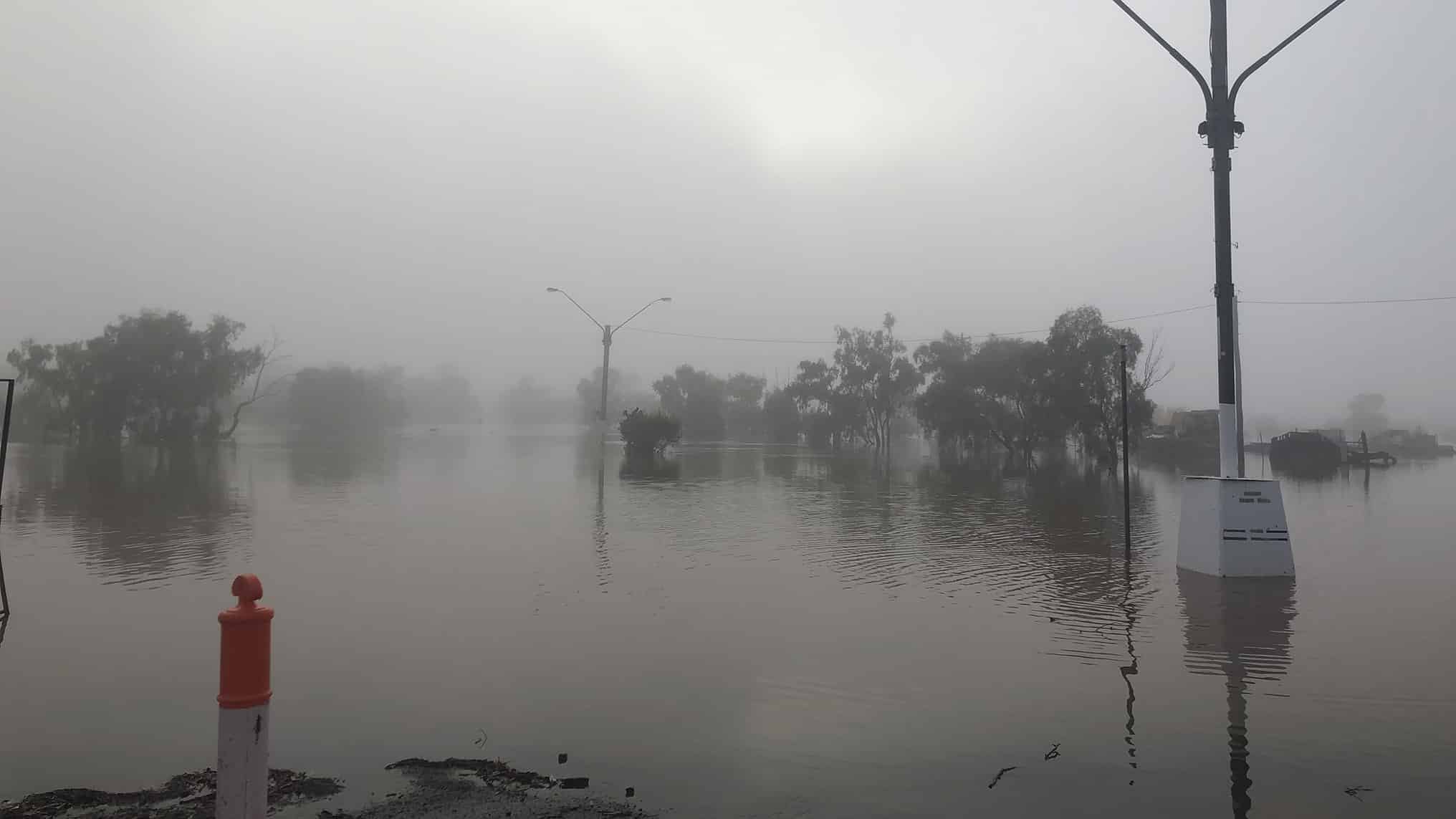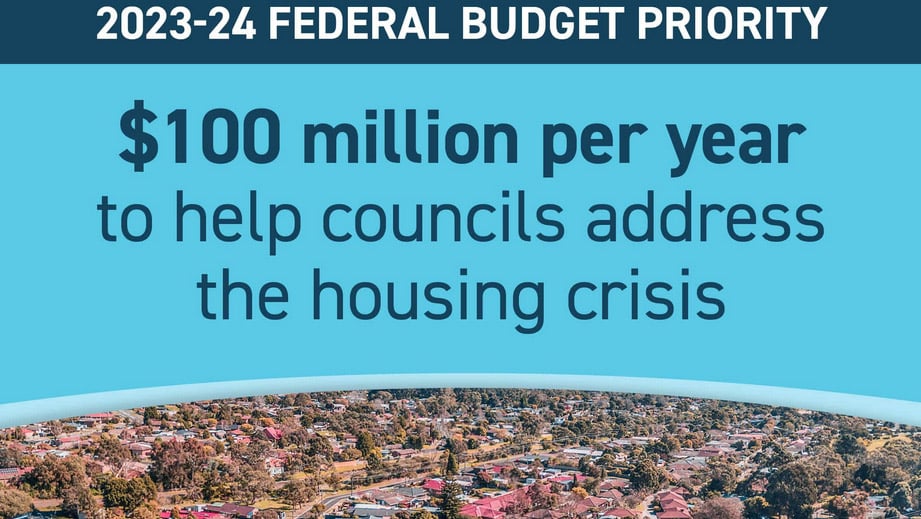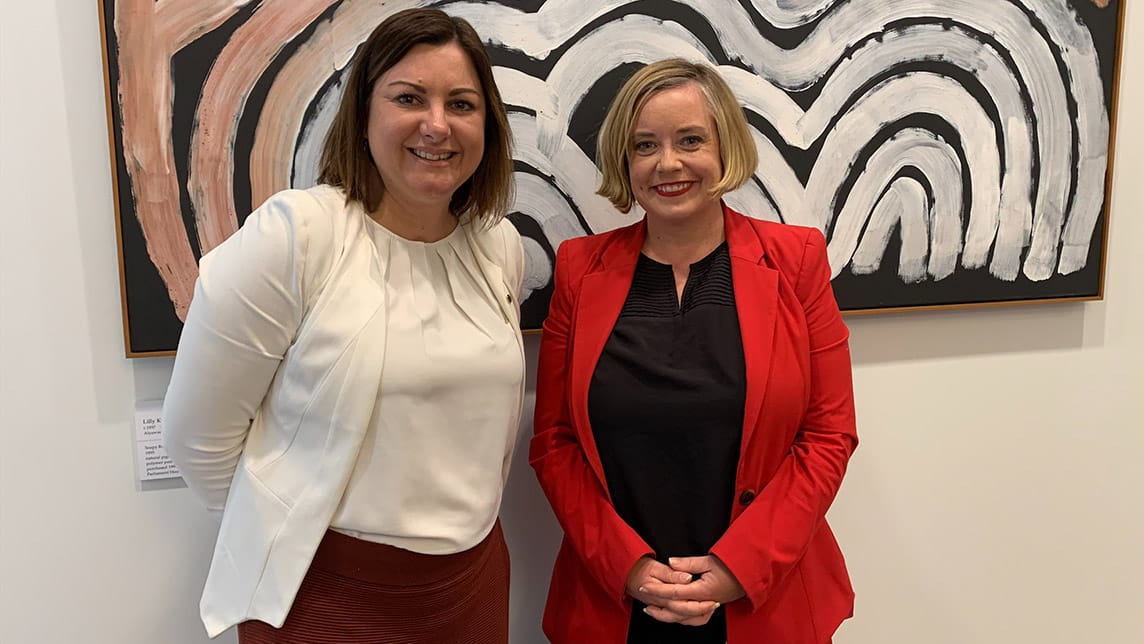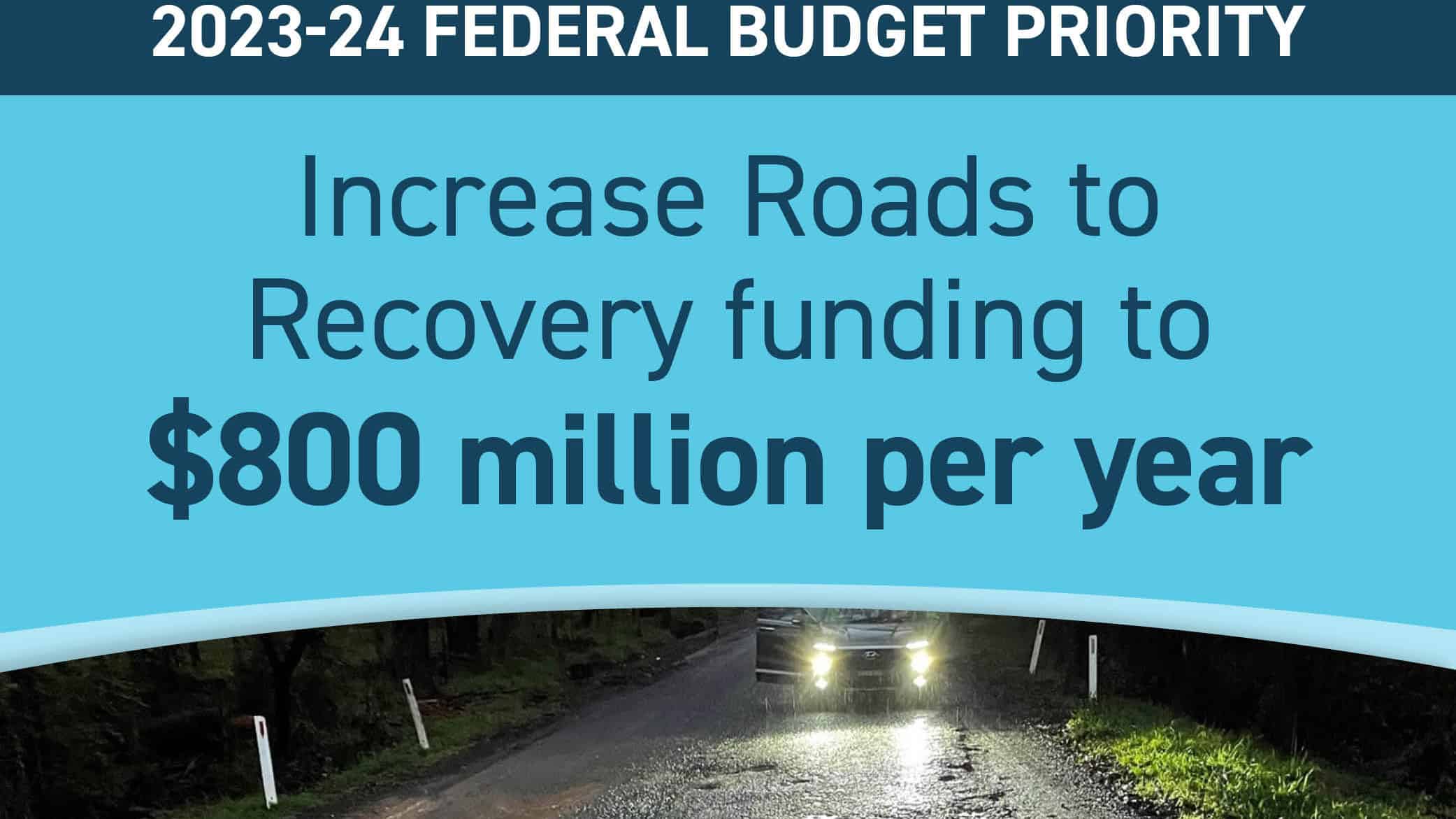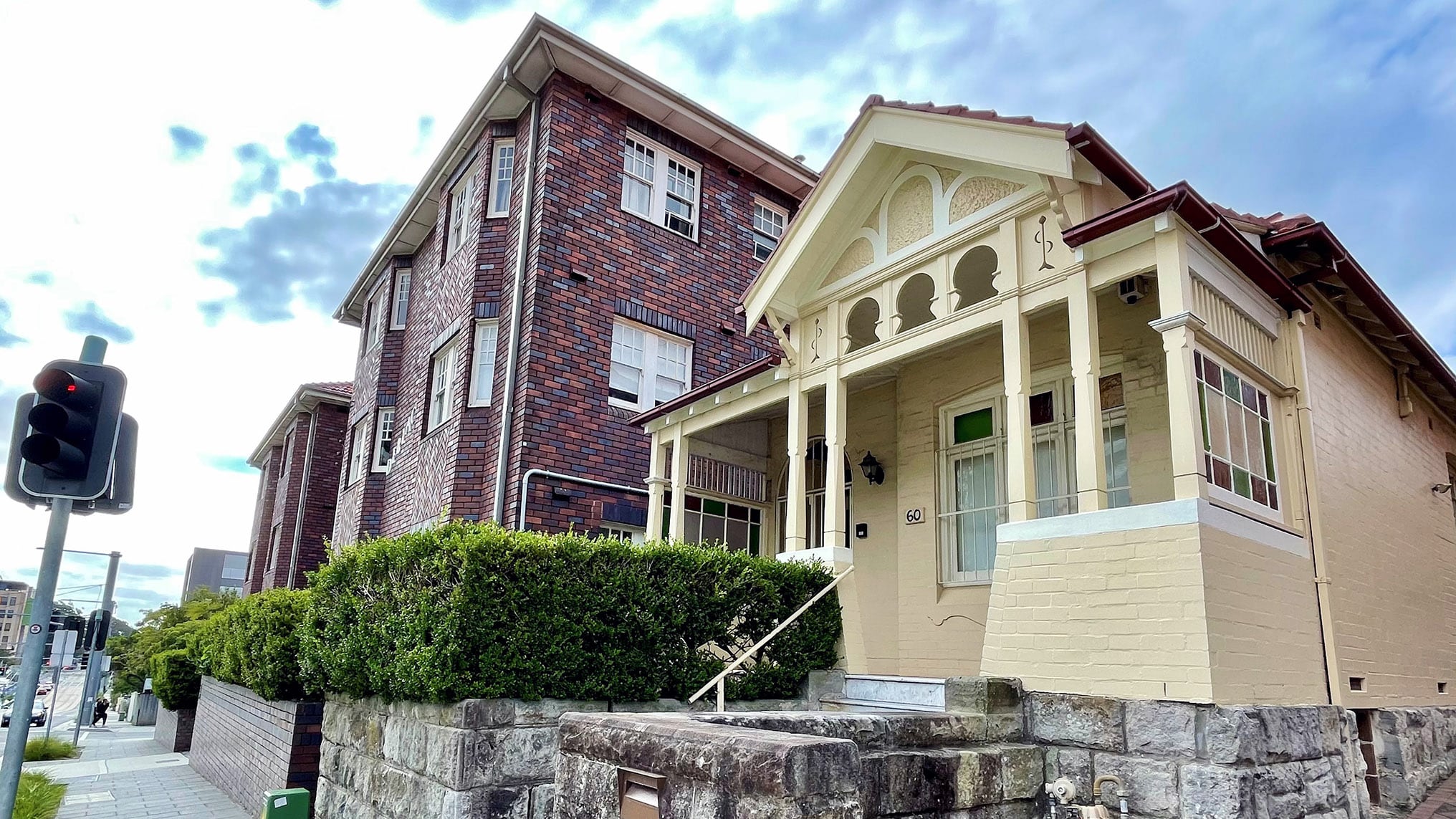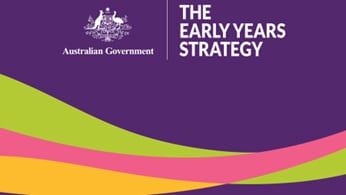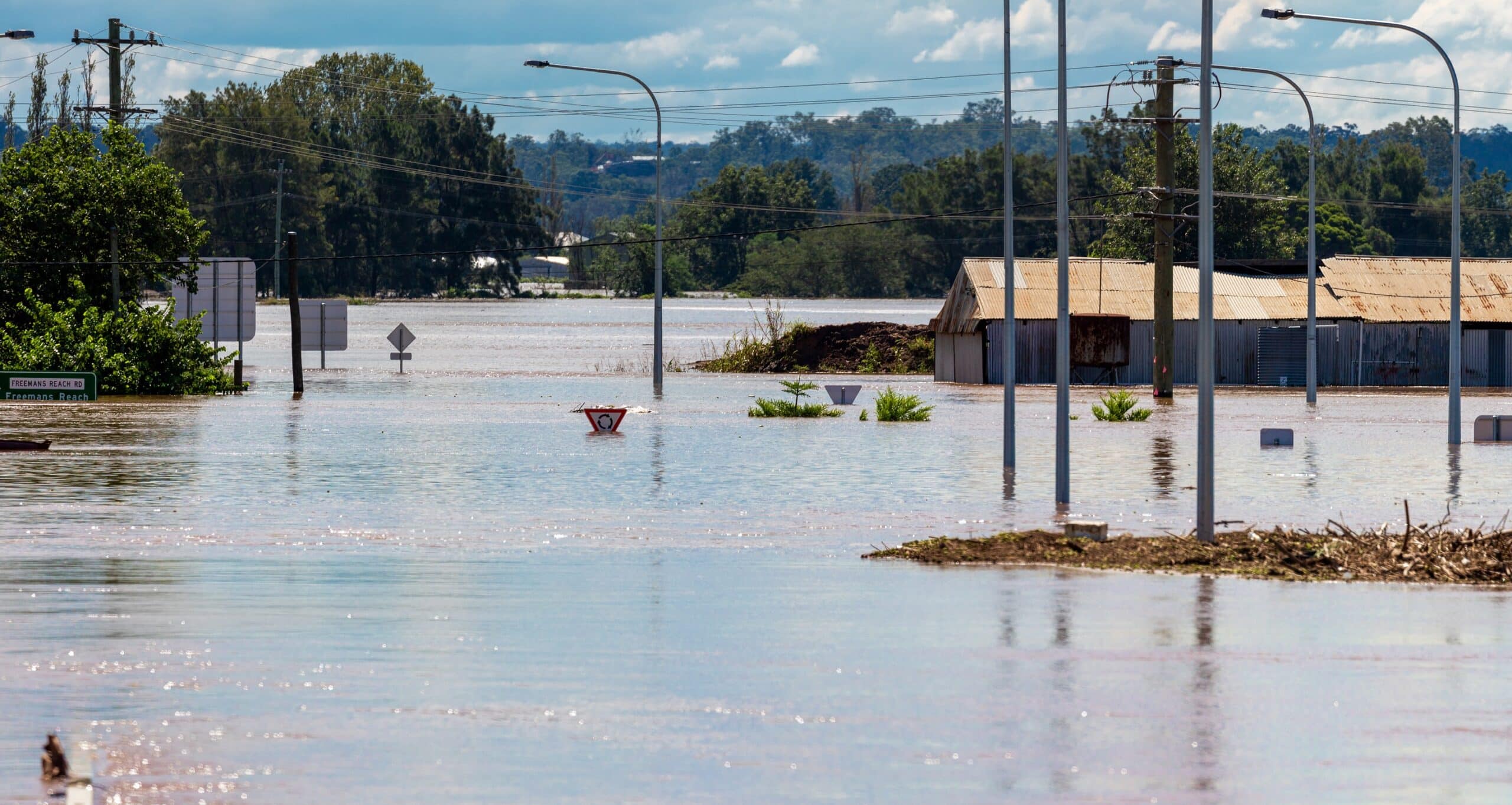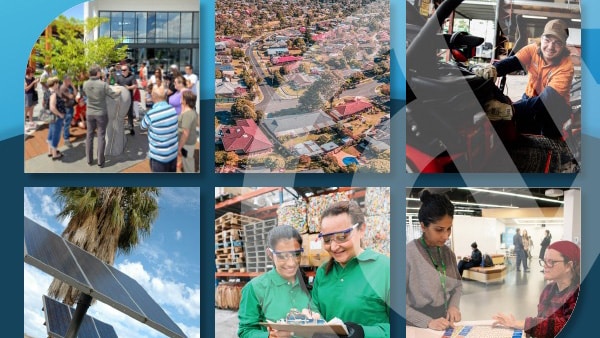
JOINT MEDIA RELEASE
Australia’s 537 local governments are critical to creating a more sustainable and clean energy future and helping the Federal Government deliver on its target of net zero by 2050.
The Australian Local Government Association (ALGA), with support from the Cities Power Partnership and the International Council for Local Environmental Initiatives (ICLEI), is seeking $50 million per year over four years to help local governments reduce greenhouse gas emissions.
ALGA President Councillor Linda Scott said councils are committed to reducing emissions but with a dedicated fund could do even more, delivering local solutions to this national challenge.
“Local governments across the nation have been leading climate action and reducing their carbon footprints for more than 20 years,” Cr Scott said.
“As the sphere of government closest to the community, local governments are critical to empowering communities and creating a sustainable, prosperous future for Australia – as well as helping the Government achieve its target of net zero emissions by 2050.”
A recent report Australian Local Government Climate Review 2021, by ICLEI and partners, showed around three quarters of Australian councils have set or are in the process of developing community emissions reduction targets, with a commitment that anything other than a net zero target is not acceptable from a climate risk perspective.
“Investing in local clean energy solutions will create new jobs, deliver cheaper energy and better housing while increasing our resilience to climate change,” Cr Scott said.
An emissions reduction fund, specifically for local government, could assist councils to:
- Transition their fleets to electric vehicles;
- Support local economies transitioning from traditional power generation to green energy;
- Undertake carbon accounting;
- Increase tree canopy cover and biodiversity;
- Retrofit council-owned building assets to increase energy efficiency and reduce emission sources;
- Deliver bulk street lighting upgrades;
- House community batteries; and
- Invest in low-emissions transport and associated infrastructure.
Cities Power Partnership Director, Dr Portia Odell said another recent survey by the Partnership found the most common barrier to addressing emissions reduction for councils is a lack of funds.
“We are seeing ample evidence that local governments are capable and willing to be at the forefront of climate action. Over the last year we’ve seen a huge increase in uptake of climate policies in councils, from joining Power Purchase Agreements to transitioning to electric vehicle fleets,” Dr Odell said.
“However it’s disappointing that the support council teams are given is not in proportion to their emissions reduction potential. Lack of staff resources and funding for sustainability teams needs to urgently be addressed by the Federal Government.”
ICLEI Oceania spokesperson City of Newcastle Lord Mayor Nuatali Nelmes said: “Local governments have been leading on climate action in Australia for decades.”
“More than 200 local governments, representing over 19 million Australians and accounting for 75 percent of Australia’s population, are already taking action on climate change. Councils are the ‘secret weapon’ for achieving Australia’s emissions reduction targets – through their own operations and by providing leadership to their businesses and communities.”
In summary, in its Federal Budget submission, ALGA, supported by the Cities Power Partnership and ICLEI, is calling for:
- $50 million per year for four years to support local governments to reduce greenhouse gas emissions and deliver on community aspirations for increased climate action.



